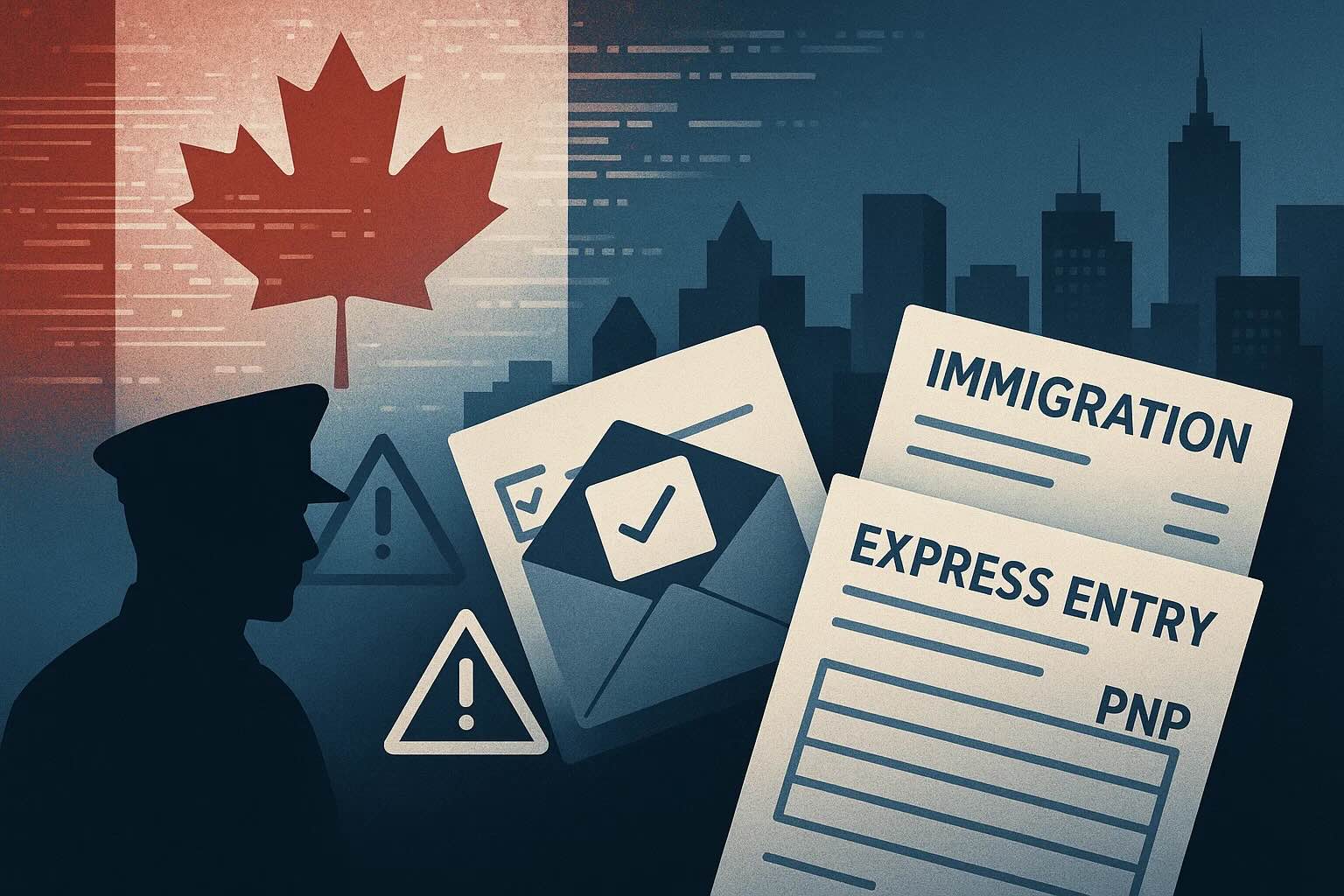Canada's Federal Court recently announced a significant adjustment, providing more ample preparation time for applicants facing immigration decisions and seeking judicial review. According to special measures issued on May 14, 2025, the period for applicants to "perfect an application for leave" during the judicial review leave stage will be significantly extended.
Prior to this new rule, applicants had only 30 days after submitting their initial request for leave for judicial review to prepare and file their detailed applicant record with the court. Now, this deadline has been extended by 45 days, giving applicants a total of 75 days to complete this crucial step.
Judicial review is an important corrective mechanism within Canada's immigration system. When an immigration application is refused, if the applicant believes the immigration department's decision contains a legal error or misunderstanding of fact, they can apply to the Federal Court for judicial review. If leave is granted, the Federal Court will review the immigration department's decision-making process and may, upon finding impropriety, remit the case back to the immigration department for reconsideration.
The Court stated that this extension is a measure taken in response to the surge in the number of applications for leave for judicial review and actual review cases during 2024 and 2025, which has overwhelmed the system.
Changes to the Judicial Leave and Review Process Under the New Rules
The process of reviewing an immigration decision by the Federal Court typically involves two main stages:
- The Judicial Leave Stage: Applicants must first obtain "leave" (permission) from the court to proceed to a substantive review.
- The Judicial Review Stage: Once leave is granted, the court will conduct a full review of the case.
The new measures primarily affect the "perfecting an application for leave" part of the leave stage. These 75 days will start:
- After filing the initial application for leave; OR
- After receiving the written reasons for the immigration refusal (if not included when the decision was initially received); OR
- After receiving written notice that no reasons for the refusal are available.
Overview of the Complete Step-by-Step Guide to Applying for Judicial Review (New Changes Incorporated)
- Apply for Judicial Review: The applicant must submit an initial application for leave and for judicial review to the Federal Court within a specific timeframe from receiving the immigration decision. This is within 15 days if the applicant is in Canada, or within 60 days if outside Canada. (Note: This initial application deadline remains unchanged.)
- Provide Proof of Service: After serving the application on the respondent (the decision-making party on the immigration application), the applicant must file proof of service with the court within 10 days.
- Respondent files a Notice of Appearance: The respondent must file a notice indicating they will participate in the case within 10 days of being served with the application.
- Court requests written reasons (if not initially provided): If the decision being challenged did not initially come with written reasons for refusal, the court will request them from the administrative body (formally referred to as the "tribunal").
- Tribunal sends written reasons, or notice that reasons do not exist: The tribunal must, without delay, send the written reasons to all parties involved, or notify them that no reasons exist.
- Submit your applicant record (this is where the new changes apply): The applicant must submit a record that includes relevant documents and arguments (formally known as an applicant record). This must be done:
- Within 75 days of filing the application for leave (if reasons were already provided), or
- Within 75 days of receiving the tribunal’s reasons or notice that no reasons will be provided.
- Respondent submits their affidavits and arguments: The respondent has 30 days from the date they receive the applicant record to submit their own documents and legal arguments.
- Optional reply: The applicant can file a reply to the respondent’s arguments if they wish. This must be done within 10 days of receiving their submissions.
- Court reviews leave request: The Court decides whether to grant "leave" (permission) for the case to proceed. If leave is refused, the process ends, and the decision cannot be appealed. If leave is granted, the Court sets a hearing date for the judicial review and provides deadlines for any remaining documents and tribunal records.
Possible Outcomes of this Process
If the Federal Court agrees with the original decision and finds no legal error, the initial decision will be upheld. If the Federal Court sends the case back to the decision-making party, it will be reviewed again. However, this does not guarantee that the original decision will be changed, but the case will receive a reassessment.
This adjustment is expected to provide immigration applicants and their legal representatives with more adequate time to prepare complex judicial review materials, potentially improving the quality of applications and contributing to a fairer resolution of potential legal disputes.









